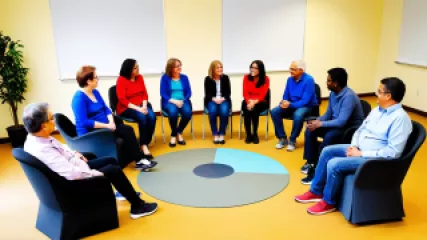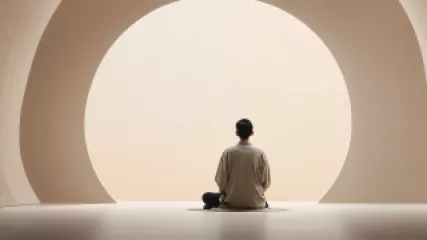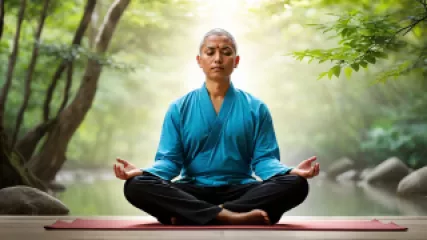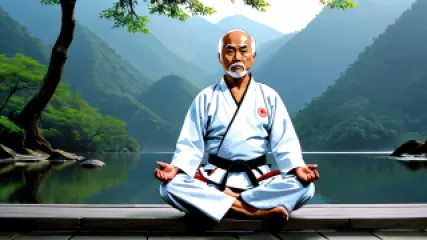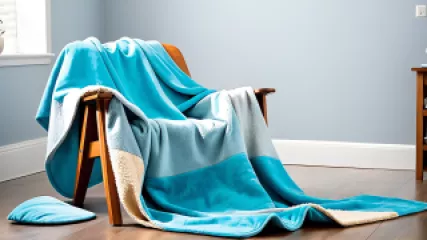The Ultimate Guide to Support Groups for Learning Disabilities
1 year ago
Learning Disabilities
How to Support Adolescent Mental Health: Proven Techniques
1 year ago
Mental Health in Adolescents
How Holiday Movies Can Help You Manage Stress
1 year ago
Handling Holiday Stress
My Journey to Finding Effective Self-Soothing Techniques
1 year ago
Techniques for Relaxation
10 Best Giftedness Mental Health Resources
1 year ago
Giftedness
Embracing Emotional Flexibility: A Perspective on Coping with Change
1 year ago
Coping with Change
10 Best Therapy Sessions for Veterans
1 year ago
Therapy for Veterans
The Ultimate Guide to Understanding Learning Styles
1 year ago
Learning Styles
My Journey to Improved Mental Health
1 year ago
Mental Health Check
Fostering Psychological Safety in the Workplace: An Interview with an Organizational Psychologist
1 year ago
Psychological Safety at Work
What is Expressive Arts Therapy and How Can It Help With Depression?
1 year ago
Expressive Arts Therapy
10 Proven Strategies to Overcome Online Procrastination
1 year ago
Avoiding Procrastination
5 Mindfulness Lessons from the Movie 'The Karate Kid'
1 year ago
Mindfulness Meditation
Building Strong Friendships: An Ultimate Guide
1 year ago
Friendship Psychology
What Are the Best Sensory Processing Tools for Adults?
1 year ago
Sensory Processing
